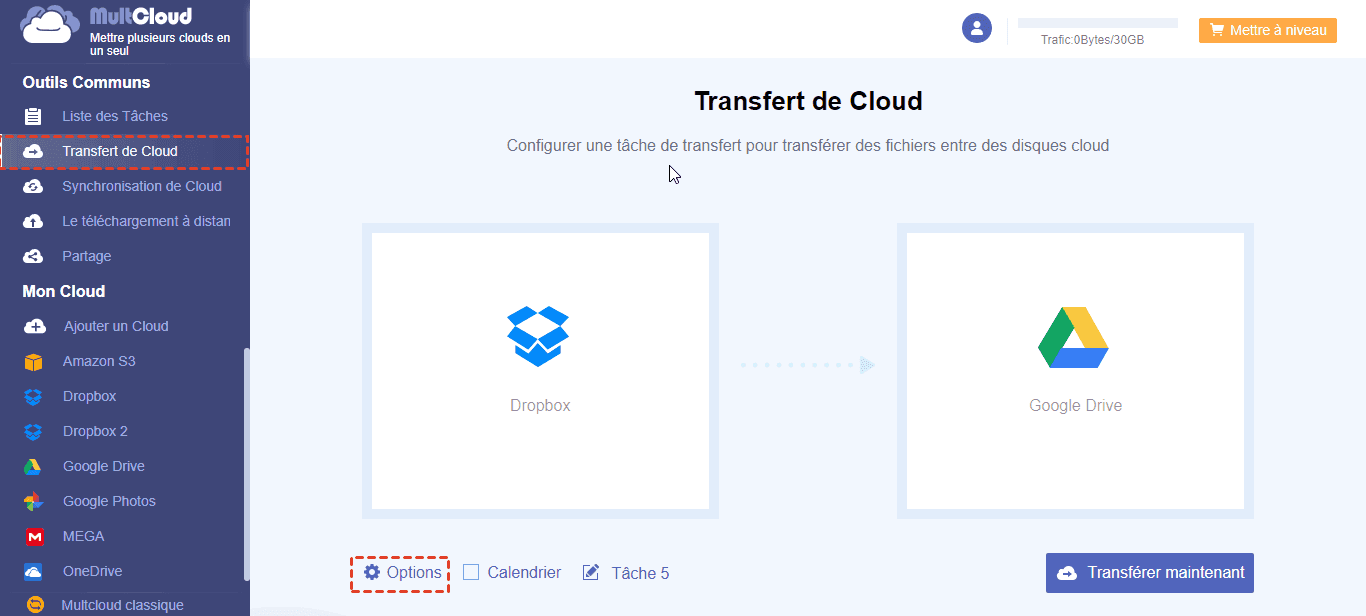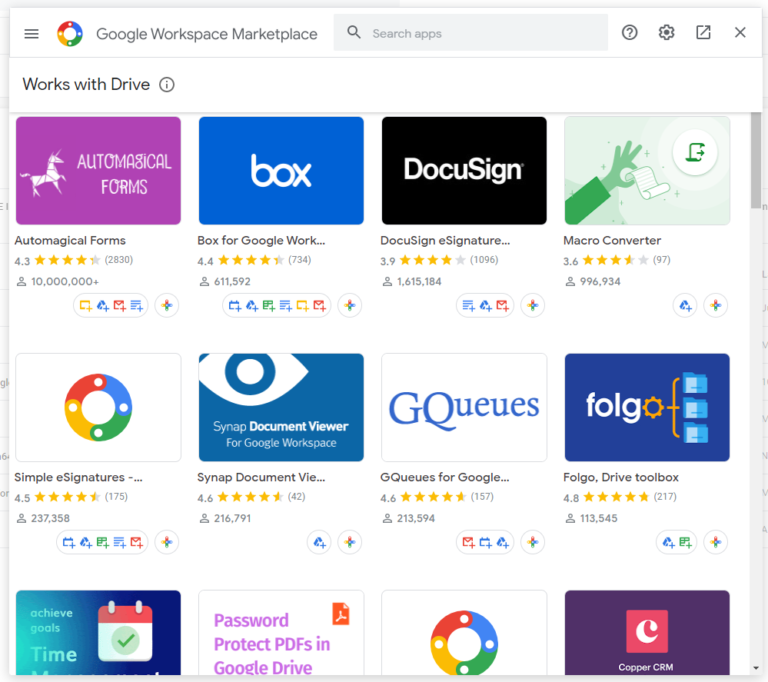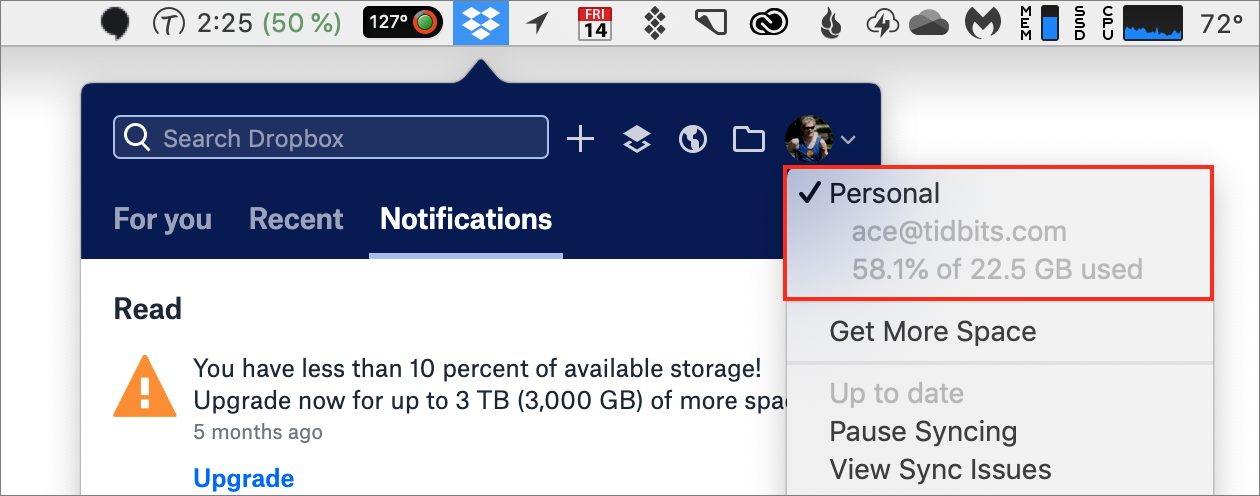

Meanwhile, social platform Facebook is rolling out Facebook at Work, a company-friendly version of the social networking site for employees, which the Financial Times for one is already using. Google, for example, offers a range of business services that are used by companies including Jaguar Land Rover, pest control business Rentokil Initial and UK-based fashion retailer AllSaints. Dropbox Enterprise offers IT teams further ways to monitor employees’ use of corporate accounts, as well as integration with more business-focused content security tools. This is a perfectly legitimate concern, but companies can still find it hard to tackle workplace use of consumer apps because so much of it takes place under the IT department’s radar.įor the vendors of consumer apps, meanwhile, businesses represent an increasingly attractive target, a way to monetise their products and services, as long as they can be accompanied by the kinds of corporate security features that IT teams are looking for.Īt the last count, about 150,000 businesses were paying for Dropbox for Business. “Consumer apps frighten IT departments because corporate data can wander away,” says Mike Raggo, MobileIron’s director of security research.

The top-10 names on company blacklists were Dropbox, Angry Birds, Facebook, Microsoft’s OneDrive, Google Drive, Box, WhatsApp, Twitter, Skype and SugarSync. Last year, mobile device management software company MobileIron polled its 10,000 corporate customers to find out which apps were mostly likely to be forbidden.

As a result, many companies still ban the use of consumer apps at work.

These apps are familiar, easy to use, work well on mobiles and are typically free for lightweight consumer use.Īside from the lack of corporate control, however, there are the added risks that mobile devices might be lost, stolen or fall prey to hackers and viruses. Employees may be using Google Drive to create reports and presentations, Skype to stay in touch with the office or WhatsApp to message team members. They can encrypt documents, for example, or limit how certain types of file are copied and shared. The corporate version lets users distinguish between personal and business documents and it includes features and functions that give IT teams more direct control over company information.


 0 kommentar(er)
0 kommentar(er)
